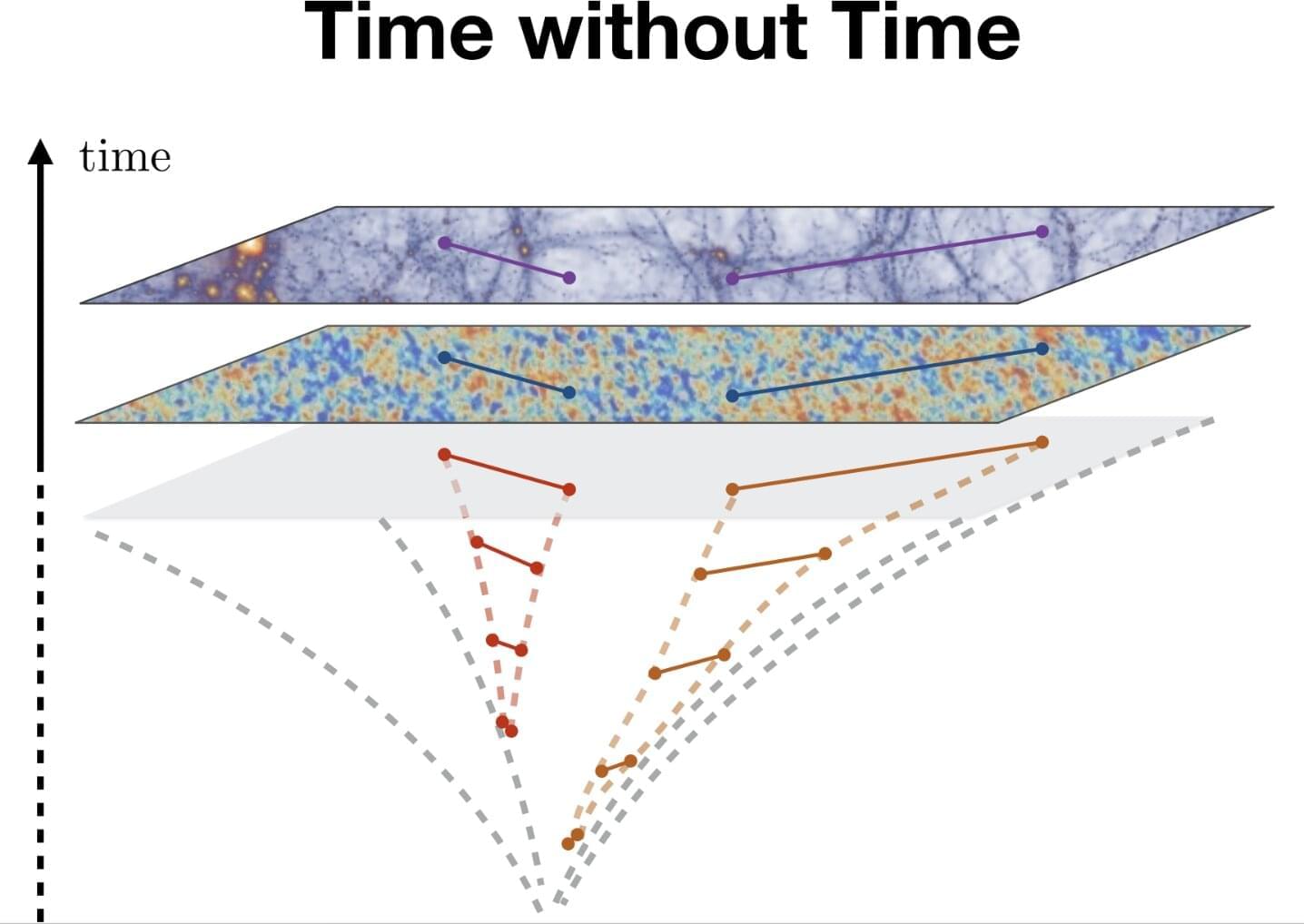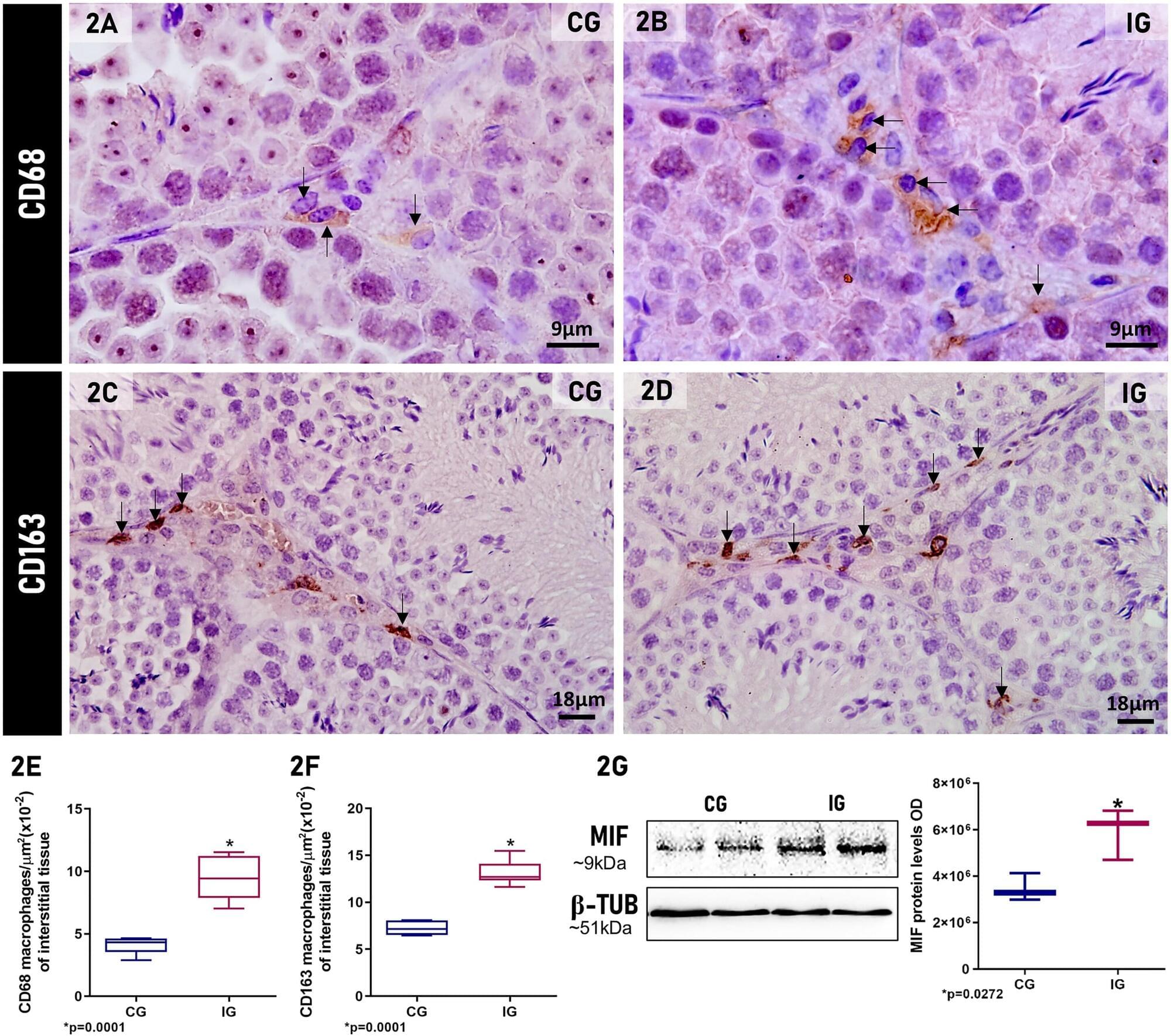The experimental sensor could be groundbreaking.



In a new study, physicists at the University of Colorado Boulder have used a cloud of atoms chilled down to incredibly cold temperatures to simultaneously measure acceleration in three dimensions—a feat that many scientists didn’t think was possible.
The device, a new type of atom “interferometer,” could one day help people navigate submarines, spacecraft, cars and other vehicles more precisely.
“Traditional atom interferometers can only measure acceleration in a single dimension, but we live within a three-dimensional world,” said Kendall Mehling, a co-author of the new study and a graduate student in the Department of Physics at CU Boulder. “To know where I’m going, and to know where I’ve been, I need to track my acceleration in all three dimensions.”
The researchers published their paper, titled “Vector atom accelerometry in an optical lattice,” this month in the journal Science Advances. The team included Mehling; Catie LeDesma, a postdoctoral researcher in physics; and Murray Holland, professor of physics and fellow of JILA, a joint research institutebetween CU Boulder and the National Institute of Standards and Technology (NIST) (More information about the new quantum GPS)
A new quantum device could one day help spacecraft travel beyond Earth’s orbit or aid submarines as they navigate deep under the ocean with more precision than.
Questions to inspire discussion.
Industry Disruption.
🏢 Q: How might traditional companies be affected by AI simulations? A: Traditional firms like Microsoft could see their valuation drop by 50% if undercut by AI clones, while the tech industry may experience millions of jobs vanishing, potentially leading to recessions or increased inequality.
🤖 Q: What is the potential scale of AI company simulations? A: AI-simulated companies like “Macrohard” could become real entities, operating at a fraction of the cost of traditional companies and disrupting markets 10 times faster and bigger than the internet’s impact on retail.
Regulatory Landscape.
📊 Q: How might governments respond to AI-simulated companies? A: Governments may implement regulations on AI companies to slow innovation, potentially creating monopolies that regulators would later need to break up, further disrupting markets.

The skin serves as an important barrier protecting the body from physical, chemical and pathogenic hazards as well as regulating the bi-directional transport of water, ions and nutrients. In order to improve the knowledge on skin structure and function as well as on skin diseases, animal experiments are often employed, but anatomical as well as physiological interspecies differences may result in poor translatability of animal-based data to the clinical situation. In vitro models, such as human reconstructed epidermis or full skin equivalents, are valuable alternatives to animal experiments. Enormous advances have been achieved in establishing skin models of increasing complexity in the past. In this review, human skin structures are described as well as the fast evolving technologies developed to reconstruct the complexity of human skin structures in vitro.



Hemoglobin, long celebrated for ferrying oxygen in red blood cells, has now been revealed to play an overlooked—and potentially game-changing—antioxidant role in the brain.
In neurodegenerative diseases such as amyotrophic lateral sclerosis (ALS), Parkinson’s, Alzheimer’s, and aging, brain cells endure relentless damage from the aberrant (or excessive) reactive oxygen species (ROS). For decades, scientists have tried to neutralize ROS with antioxidant drugs, but most failed: they couldn’t penetrate the brain effectively, were unstable, or indiscriminately damaged healthy cells.
This new study, led by Director C. Justin Lee of the Center for Cognition and Sociality within the Institute for Basic Science (IBS) in Daejeon, South Korea, set out to identify the brain’s own defenses against a particularly harmful form of ROS—hydrogen peroxide (H2O2). The study has been published in Signal Transduction and Targeted Therapy.

To study the origin and evolution of the universe, physicists rely on theories that describe the statistical relationships between different events or fields in spacetime, broadly referred to as cosmological correlations. Kinematic parameters are essentially the data that specify a cosmological correlation—the positions of particles, or the wavenumbers of cosmological fluctuations.
Changes in cosmological correlations influenced by variations in kinematic parameters can be described using so-called differential equations. These are a type of mathematical equation that connect a function (i.e., a relationship between an input and an output) to its rate of change. In physics, these equations are used extensively as they are well-suited for capturing the universe’s highly dynamic nature.
Researchers at Princeton’s Institute for Advanced Study, the Leung Center for Cosmology and Particle Astrophysics in Taipei, Caltech’s Walter Burke Institute for Theoretical Physics, the University of Chicago, and the Scuola Normale Superiore in Pisa recently introduced a new perspective to approach equations describing how cosmological correlations are affected by smooth changes in kinematic parameters.

The COVID-19 virus hijacks the machinery of testicular cells that produce the hormone testosterone in order to replicate. It also appropriates the metabolic pathways of these cells and cholesterol, a precursor of testosterone, thereby altering lipid metabolism for its formation.
This has been verified in a study conducted in Brazil by researchers from the Araraquara School of Dentistry at São Paulo State University (FOAr-UNESP), in partnership with the Ribeirão Preto School of Medicine at the University of São Paulo (FMRP-USP), in the testicles of transgenic mice. The research is published in the journal Frontiers in Cellular and Infection Microbiology.
The study revealed the presence of SARS-CoV-2 particles in lipid inclusions and organelles responsible for testosterone production in Leydig cells for the first time. In addition, the researchers described the mechanism by which the virus interferes with the functioning of these testicular cells. The discovery helps explain why male patients with severe COVID-19 have lower levels of testosterone, and possibly cholesterol.